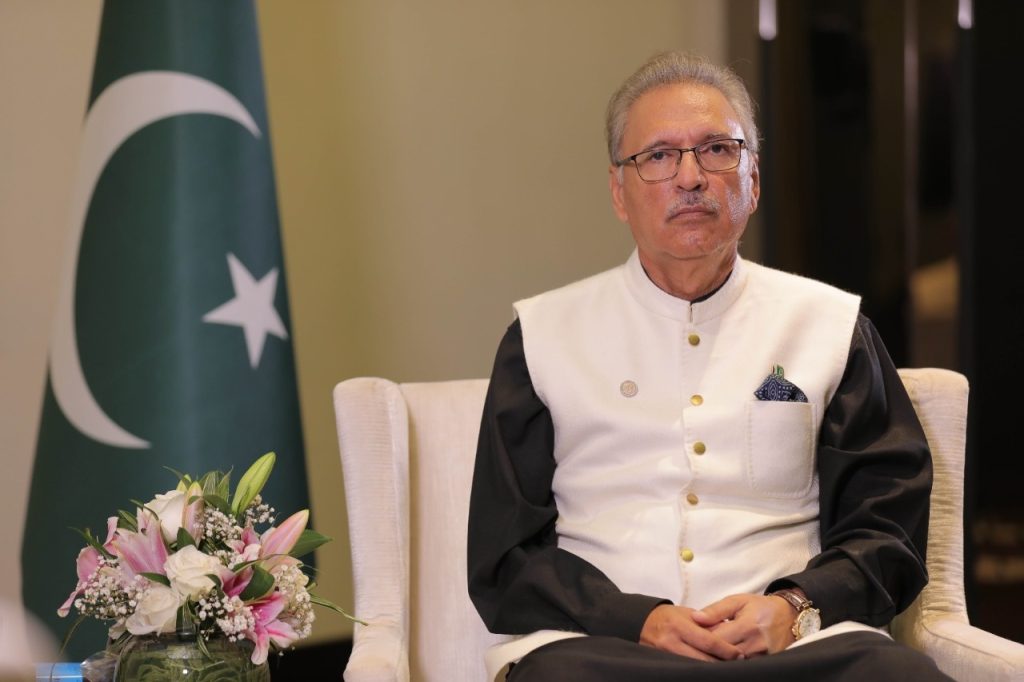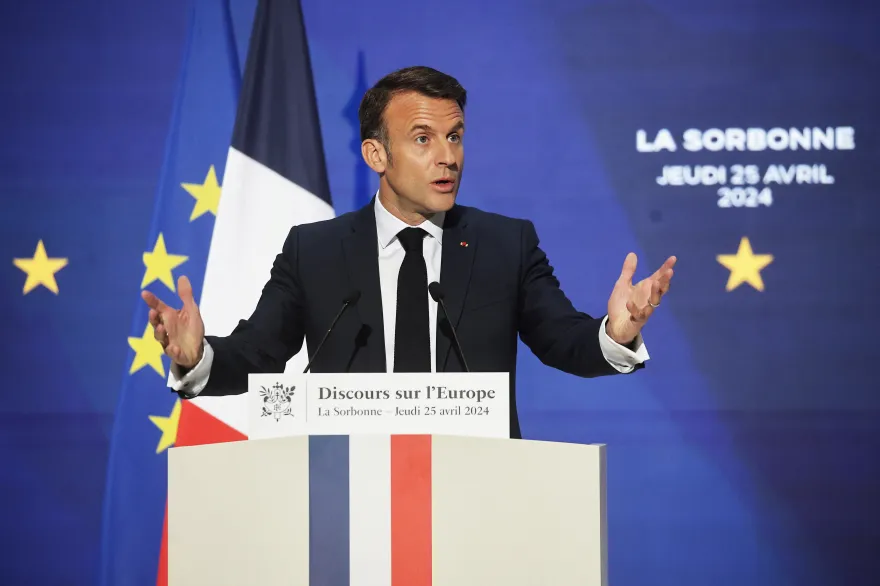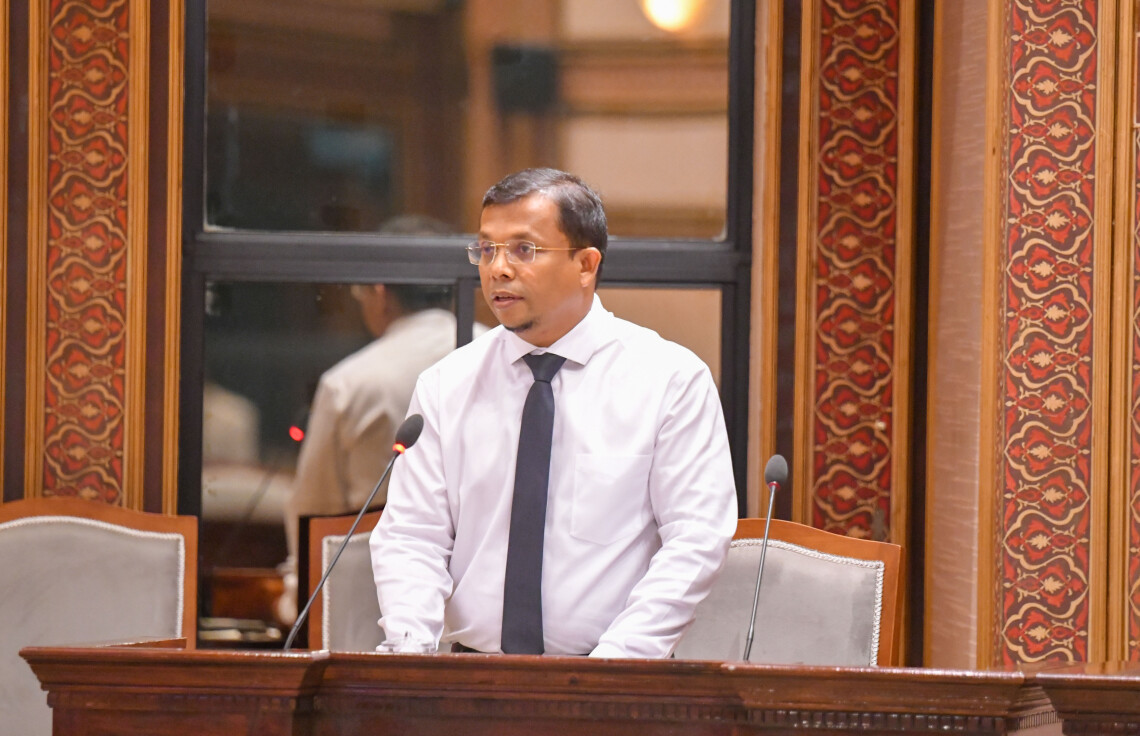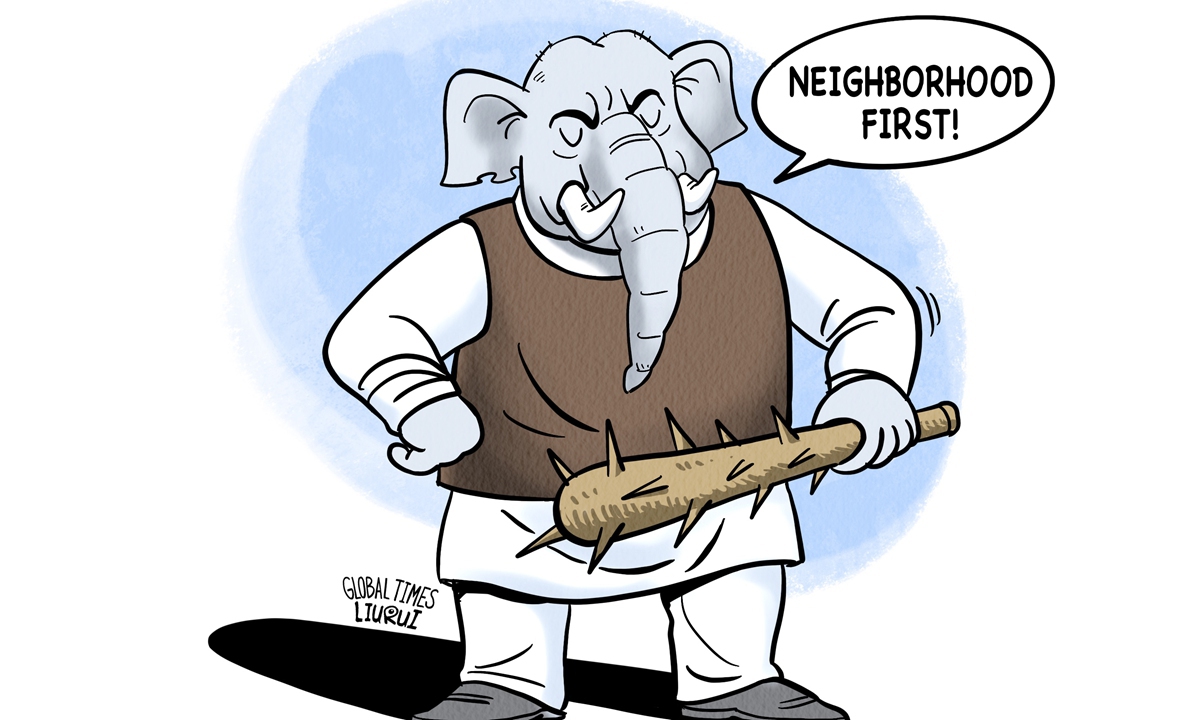According to reports, the People’s National Congress party led by Maldives President Mohamed Muizzu won a landslide victory in Sunday’s parliamentary elections, securing 71 out of 93 seats. However, the result has made India feel nervous about the Maldives tilting away from it. Chinese analysts point out that the result of the Maldivian parliamentary elections reflects the will of the people. They assert that the Maldivian people are not choosing to lean toward China but rather they are supporting the government’s independent foreign policy.
Undoubtedly, the Maldives parliamentary elections are an internal matter for the Maldives, and China fully respects the choice made by the Maldivian people. However, some forces have malicious intentions regarding these elections.
Some Western media outlets took the opportunity to sensationalize the elections, claiming that the elections were a result of the so-called China-India geopolitical rivalry.
Furthermore, although China has never viewed the Maldives parliamentary elections as a geopolitical competition between China and other countries, some in India are worried about the Muizzu administration’s so-called pro-China and anti-India stance, viewing the Maldives elections as a zero-sum game between China and India. Some Indian media outlet even claimed that the Maldives is “tilting toward China and away from regional powerhouse and traditional benefactor India.”
India’s self-proclaimed attitude as a “benefactor” fully shows that it views South Asia as its “backyard.” Adopting a mind-set of exclusion rather than cooperation, India has always been skeptical of South Asian countries developing comprehensive cooperation with other powers. Some Indians view China’s normal cooperation with the Maldives with a cold war mentality, which is unhealthy.
The Maldives’ choice to break free from India’s control and become a truly independent country has dealt a heavy blow to India’s South Asian hegemonic mind-set. In fact, Muizzu won the Maldives presidential elections last year partially because New Delhi’s long-term pressure and interference in the Maldives’ internal affairs had sparked strong anti-India sentiment among the Maldivian people.
Liu Zongyi, secretary-general of the Research Center for China-South Asia Cooperation at the Shanghai Institutes for International Studies, told the Global Times that the result of the Maldives parliamentary elections not only demonstrates that the Maldivian people are no longer willing to follow India’s orders and have chosen an independent foreign policy, but also that they have chosen to prioritize rapid economic and social development.
In recent years, China’s economic cooperation with the Maldives has brought significant development to the Maldives in various aspects. For example, the China-Maldives Friendship Bridge, a flagship project of China’s infrastructure boom in the Maldives, is a symbol of the deep friendship between the two countries and has helped the Maldivian people realize their century-old dream.
India claims that its “Neighborhood First policy” is its core foreign policy. However, India’s aggressive behavior has turned “neighborhood first” into “India first.” The more the Indian government seeks to consolidate its hegemony in South Asia, the more discontent neighboring South Asian countries will grow with India.
India has long maintained a condescending attitude toward other South Asian countries, which is why India is increasingly unpopular in the region, said Qian Feng, director of the research department at the National Strategy Institute at Tsinghua University. India has not realized that the emergence of “anti-India” sentiment in these countries is not because they are “pro-China,” but because they are eager for independence.
The leaders of China and India have reached an important consensus that China and India are partners rather than rivals and are not threats to each other but opportunities for each other’s development. However, India has said one thing and done another in the process of implementing this consensus, according to Qian. On many issues, India demands and pressures its South Asian neighbors to take sides between it and China. This not only violates the sovereignty of these countries, potentially causing instability in the entire region, but it also distorts the China-India relationship.
The independent choices of other South Asian countries are not a “betrayal” to India but a fact that needs to be fully respected. Cooperation with China is not exclusive and does not affect relations with India. As an important country in the South Asia, India needs to adopt a more open attitude toward cooperation between regional countries and China.
Source(s): globaltimes.cn
The author is a reporter with the Global Times. opinion@globaltimes.com.cn

 World7 days ago
World7 days ago
 News5 days ago
News5 days ago
 News6 days ago
News6 days ago
 News5 days ago
News5 days ago
 News5 days ago
News5 days ago
 News4 days ago
News4 days ago
 News6 days ago
News6 days ago
 News6 days ago
News6 days ago


















